- Brazil is one of the most promising emerging markets for the digital economy
- Under the BRICS cooperation and other mechanisms, China and Pakistan will further strengthen cooperation in digital infrastructure, e-commerce and other digital economy fields with broad prospects
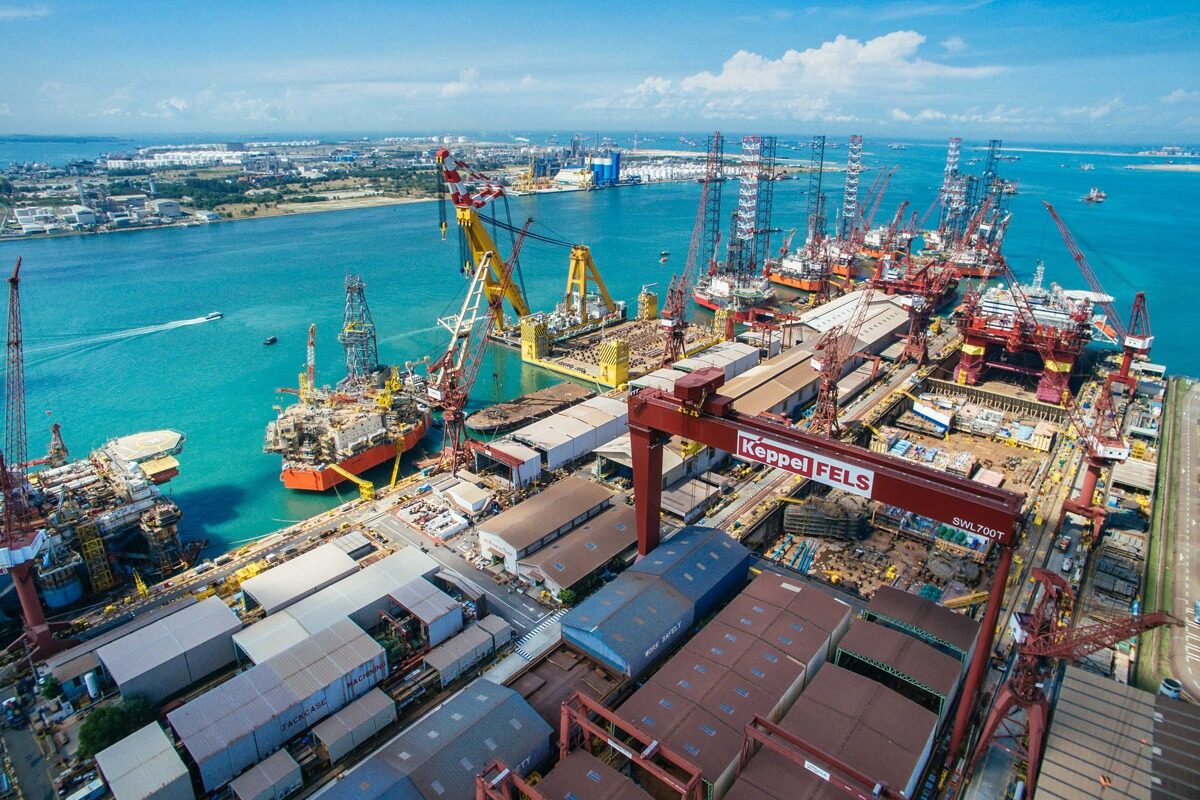
Under the current situation of repeated fluctuations in the new crown pneumonia epidemic, the digital economy has become a new driving force for driving global economic and trade growth and achieving economic recovery. At present, the scale of China's digital economy ranks second in the world, and a bilateral e-commerce cooperation mechanism has been established with Brazil. The Brazilian government is actively promoting the development of key areas of the digital economy such as digital government and smart cities, and e-commerce in Brazil has also ushered in explosive growth. In general, Brazil is one of the most potential emerging markets for the digital economy. China and Brazil have broad prospects for further strengthening digital infrastructure, e-commerce and other digital economy cooperation under the BRICS cooperation and other mechanisms.
Building digital infrastructure together
Although the epidemic has objectively accelerated Brazil's digital transformation, it has also widened the gap between the rich and the poor in society, further widening the digital divide. According to the Brazilian Ministry of Communications, about 45 million people in Brazil are currently living in digital desert areas. In order to effectively bridge the digital divide, the Brazilian government has continued to implement plans such as the Brazilian Wireless Network Digital City, as well as a national strategy for the development of the Internet of Things including agriculture, manufacturing, smart cities and healthcare. The access rate and popularization level of broadband users will promote the construction of digital infrastructure.
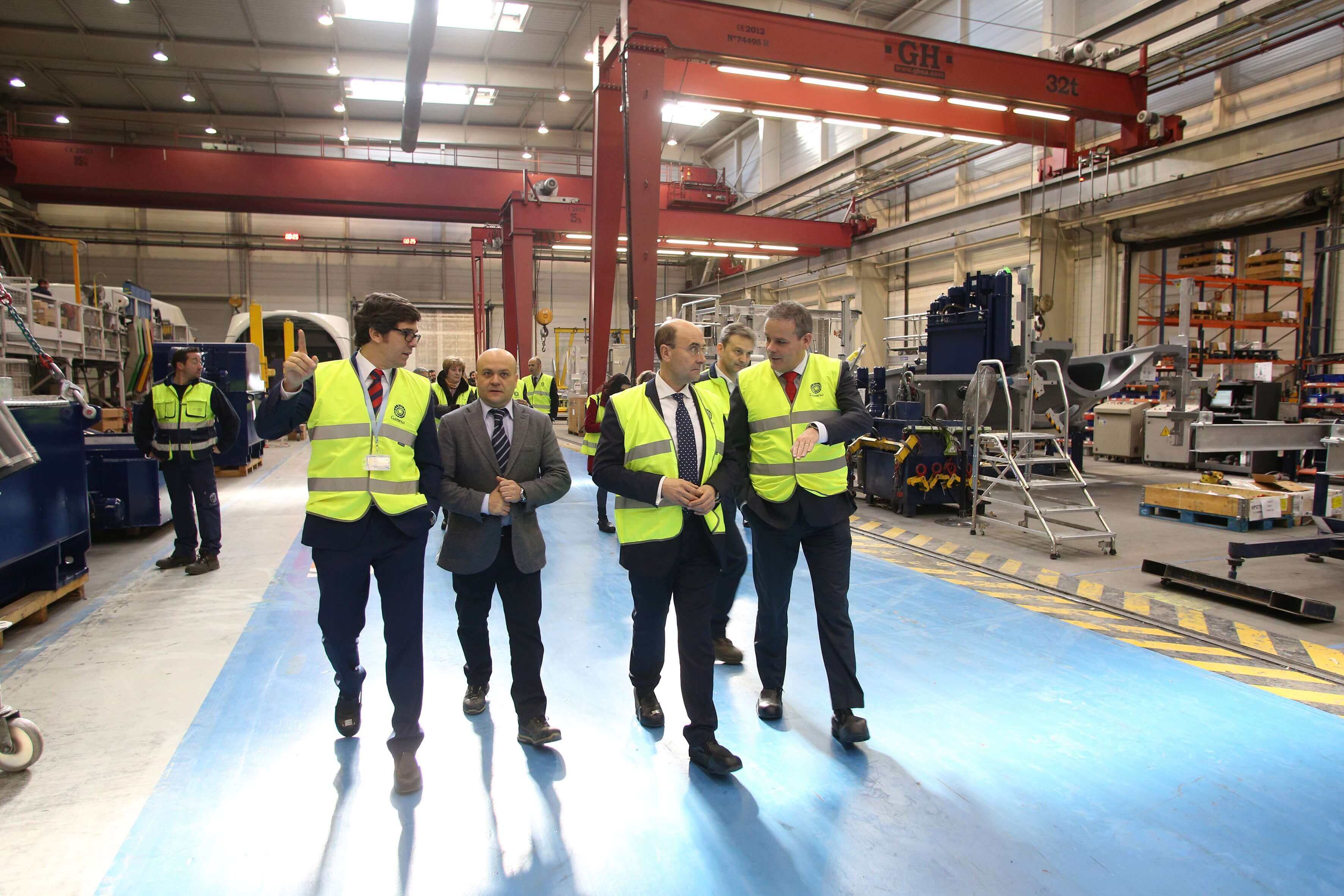
Brazil actively promotes 5G network coverage to promote the development of the digital economy. In 2021, the National Telecommunications Agency of Brazil passed the final version of the 5G decree and held an auction of 5G frequency bands, bidding for four frequency bands of 700MHz, 2.3GHz, 3.5GHz and 26GHz. The franchise will last for 20 years and the estimated investment amount exceeds 20 billion US dollars. . Brazil's three major local telecom operators, Claro, Vivo and Tim, respectively won the bids for three segments of the mainstream frequency band 3.5GHz. According to the plan, Brazil will start providing 5G services in state capitals in July 2022, and five cities including Brasilia, the capital of Brazil, already have 5G network services. Brazil plans to launch 5G services nationwide by the end of September 2022, but because hardware equipment is mainly imported, the plan for 5G network coverage nationwide will be delayed until 2029.
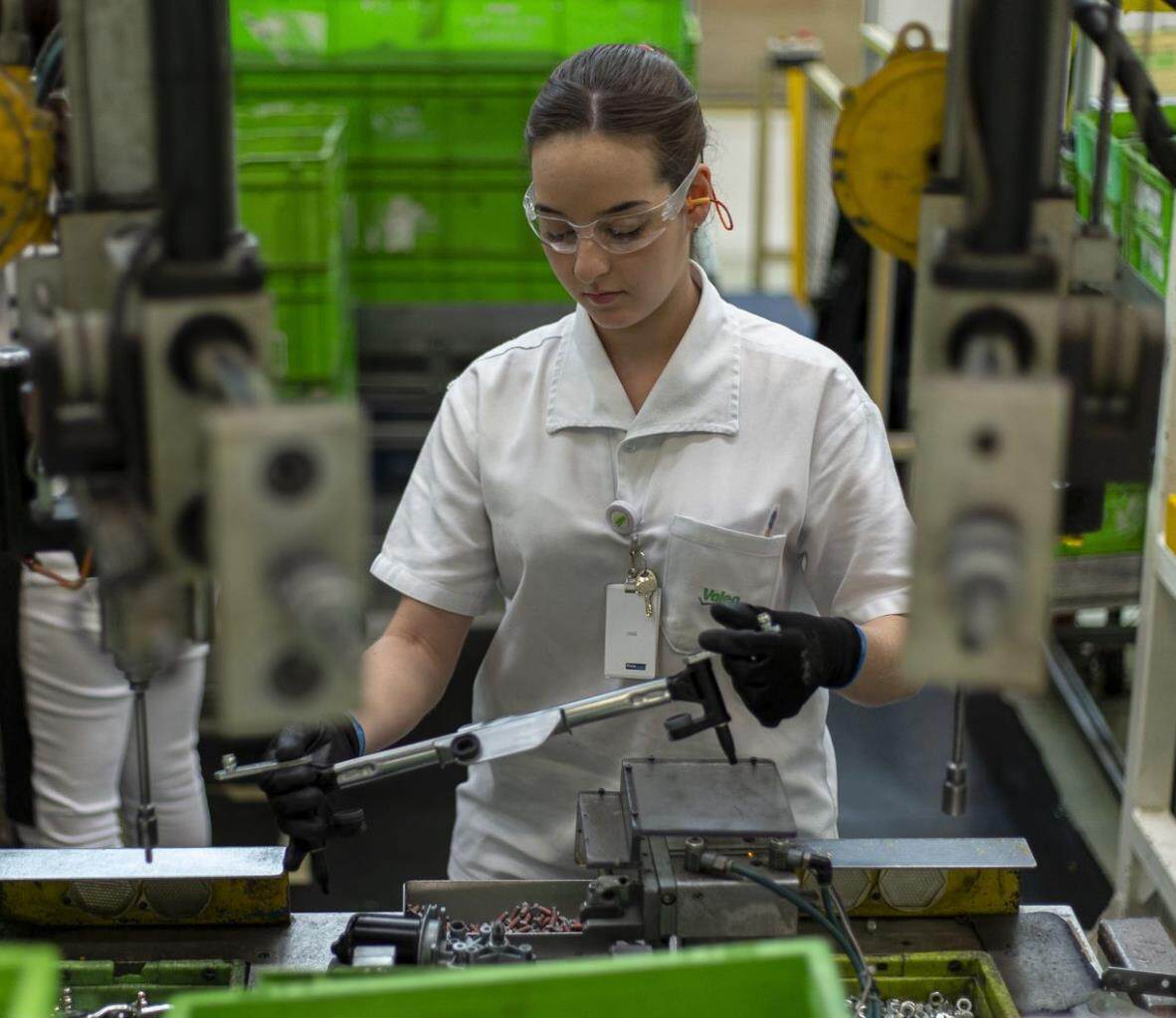
In recent years, China's digital infrastructure construction has achieved remarkable results. According to the "Digital China Development Report 2021" released by the Cyberspace Administration of China, by the end of 2021, my country's 5G network construction speed and scale will rank first in the world, and the total number of 5G base stations will account for 60% of the world's total. %above. Chinese companies are also actively cooperating with Brazilian ICT companies to provide them with digital infrastructure solutions. In February 2022, Huawei and TIM, one of Brazil's three major telecom operators, signed a memorandum of cooperation on 5G City joint innovation. They will jointly build Curitiba into Brazil's first 5G City model city and promote the construction of Brazil's smart city. In March 2022, Huawei opened the first smart manufacturing factory in Brazil that uses 5G in the production process. Equipped with artificial intelligence, cloud and IoT technologies, production efficiency has been significantly improved.
As an important part of digital infrastructure, China-Brazil cloud computing infrastructure cooperation also provides important support for Brazil's digital economy development and industrial upgrading. In November 2021, Tencent Cloud's first data center in Sao Paulo, Brazil was officially opened, providing computing, storage, big data, artificial intelligence, security and other cloud services for Brazil and other South American customers, and targeting cultural tourism, games, audio and video and other industries to output customized solutions.
To develop cross-border e-commerce
With the continuation of the new crown pneumonia epidemic, the consumption patterns of Brazilians have undergone tremendous changes. The number of people who try online shopping for the first time has grown rapidly, and the scale of e-commerce has ushered in explosive growth. According to the statistics of the Brazilian E-Commerce Association, Brazil's e-commerce sales in 2020 will be about 165.841 billion yuan, a year-on-year increase of 68%; in 2021, sales will reach 211.908 billion yuan, a year-on-year increase of 28%; sales in 2022 are expected to reach 229.019 billion Yuan, an increase of 8% year-on-year.
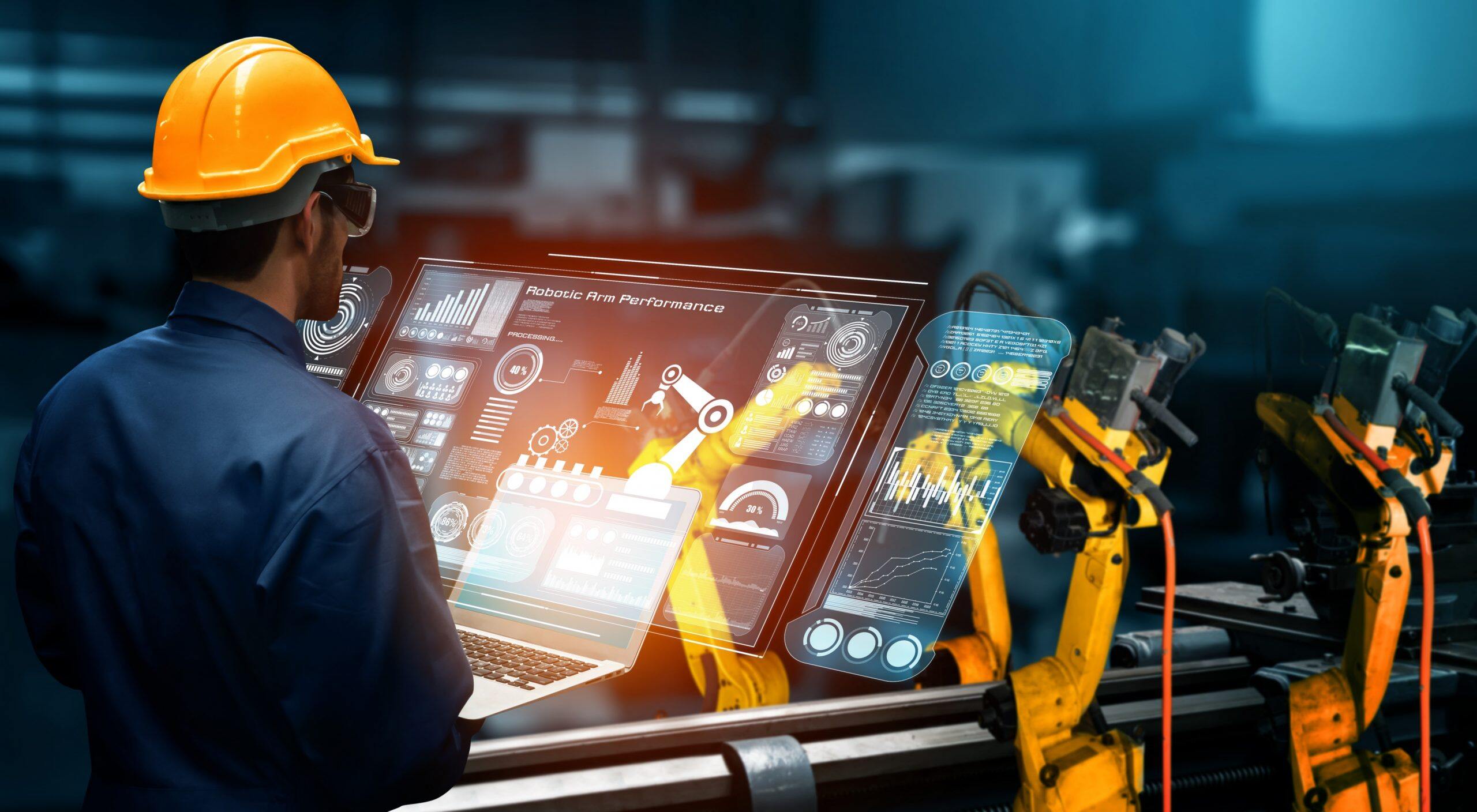
The development of electronic payment has also strongly promoted the rapid development of e-commerce in Brazil. In October 2020, the real-time payment system PIX launched by the Central Bank of Brazil was officially launched. The public can use the system to scan the code to pay and transfer money in real time. By the end of 2021, the proportion of online stores accepting instant payment tools has reached 55.9%.
As the largest economy in Latin America, Brazil is one of the most promising and most promising e-commerce markets in the world. Shopee, a Singaporean e-commerce company, has aggressively entered the Brazilian market in the past two years, and quickly seized the market share of local e-commerce, becoming the most downloaded and used app in Brazil. Chinese e-commerce companies such as Shein, AliExpress, and Cainiao Network have also entered into Brazil, and have taken advantage of their own experience to actively expand the market. According to Brazilian statistics, in the first half of 2022, AliExpress ranked fourth in terms of traffic in Brazil; Shein's monthly traffic increased by 61%, ranking seventh in terms of traffic.
Strengthening digital cooperation under the BRICS mechanism
Cooperation in the field of digital economy has been listed as an important topic of the BRICS summit for many years. The mechanism has also started successively. In June 2022, the 14th BRICS leaders' meeting reached the "BRICS Digital Economy Partnership Framework", which opened a new process of BRICS digital economic cooperation. As the first special document on digital economic cooperation in the BRICS economic and trade field, the framework incorporates topics such as digital authentication, electronic payment, electronic transaction documents, data privacy and security, and dispute resolution in the current frontier areas of the digital economy. carried out cooperation, and proposed 17 digital economic cooperation measures including encouraging digital infrastructure investment. In addition, it was announced to upgrade the e-commerce working group to the digital economy working group, and agreed to promote e-commerce consumer protection by advancing the implementation of the BRICS Consumer Protection Framework for E-commerce. As important members of the BRICS mechanism, China and Brazil are highly complementary in the field of digital economy, and should work together to address the challenges faced by trade and investment development in the digital age.
In the bilateral field, in September 2017, China and Pakistan signed a memorandum of understanding on e-commerce cooperation and established a bilateral e-commerce cooperation mechanism. In May 2022, China and Brazil held the sixth high-level committee, and the two sides agreed to actively explore the signing of a memorandum of understanding on investment cooperation in the digital economy to jointly promote the deep integration of bilateral investment cooperation and the digital economy. Keywords: engineering news, overseas news
In addition, after four years of negotiations, in July 2022, Mercosur, including Brazil, reached a free trade agreement with Singapore, which was revealed to include commitments in the field of e-commerce. On the other hand, China has officially submitted an application to join the Digital Economy Partnership Agreement reached by three countries including Singapore at the end of 2021, actively connecting with the international rules of digital trade. As emerging economies, China and Brazil have broad common interests and huge space for cooperation, and should join hands in the formulation and improvement of global digital trade rules.Editor/XingWentao
Comment
 Praise
Praise
 Collect
Collect
 Comment
Comment
 Search
Search


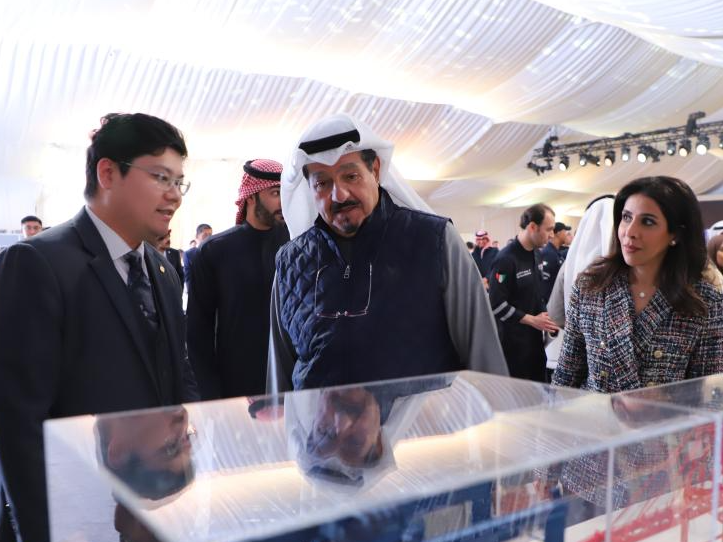
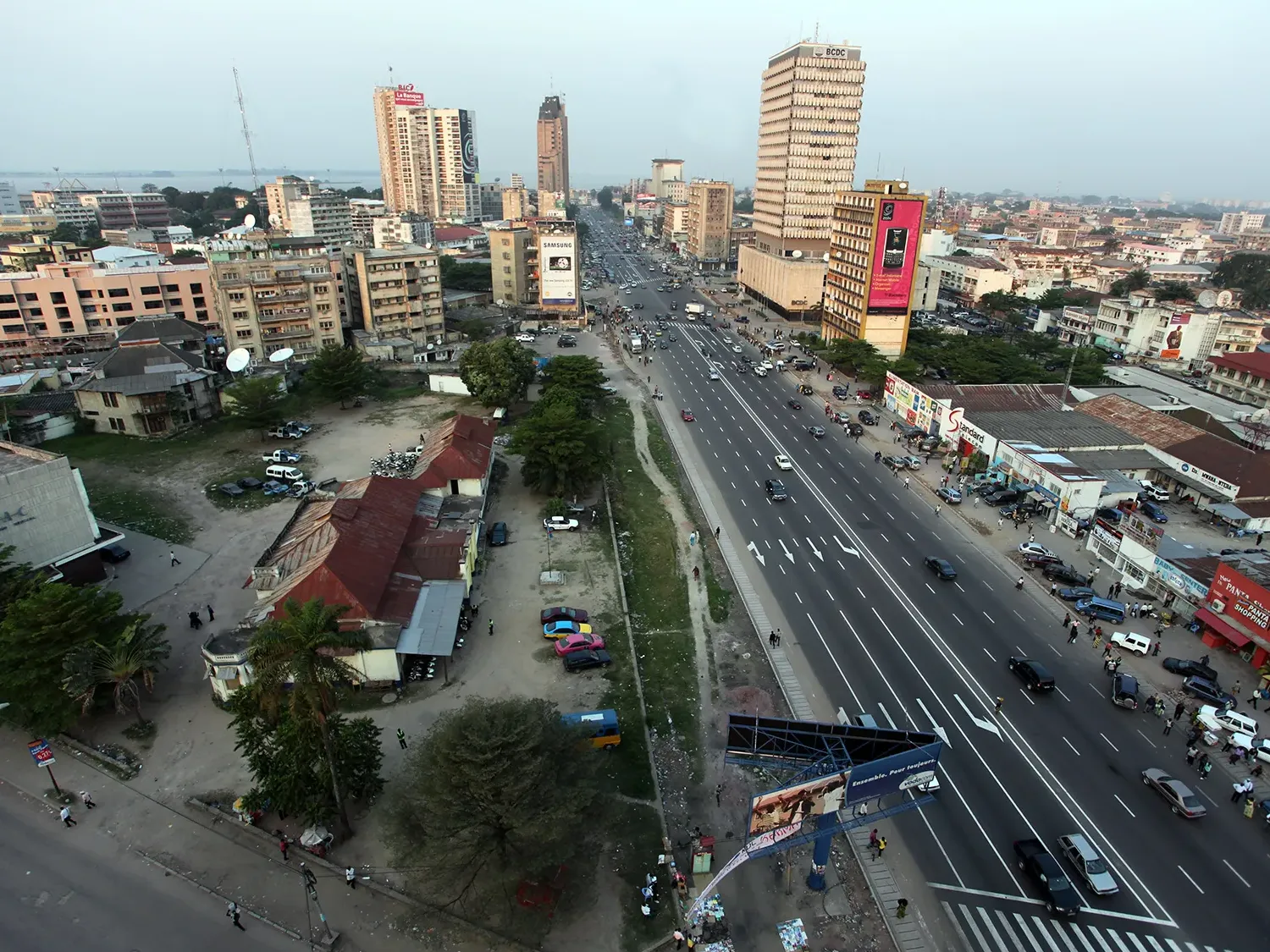
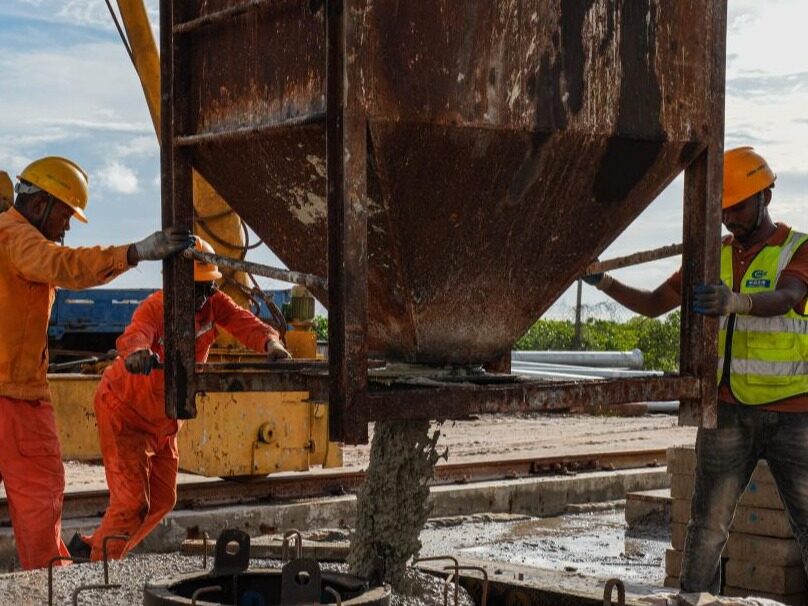
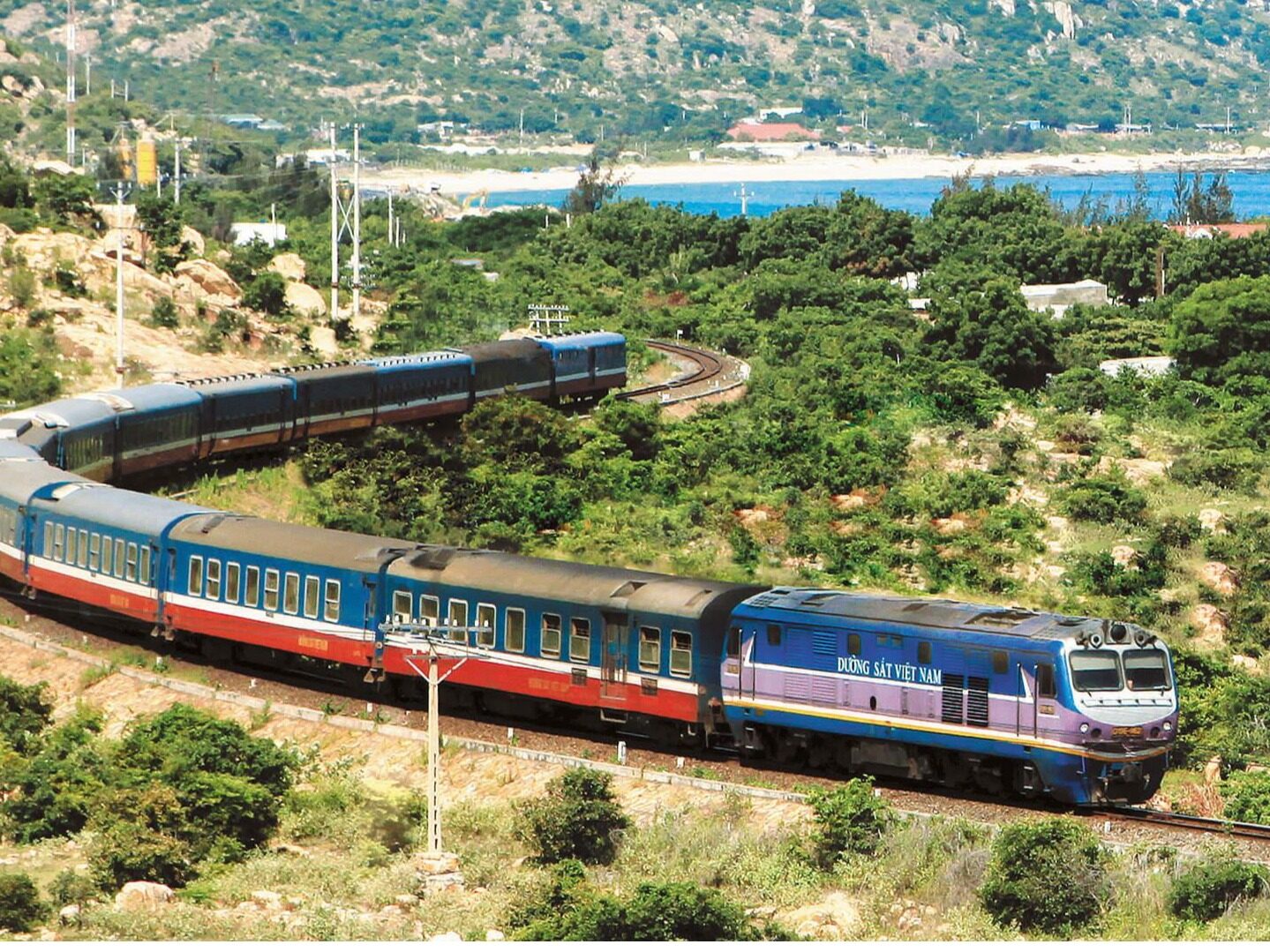








Write something~